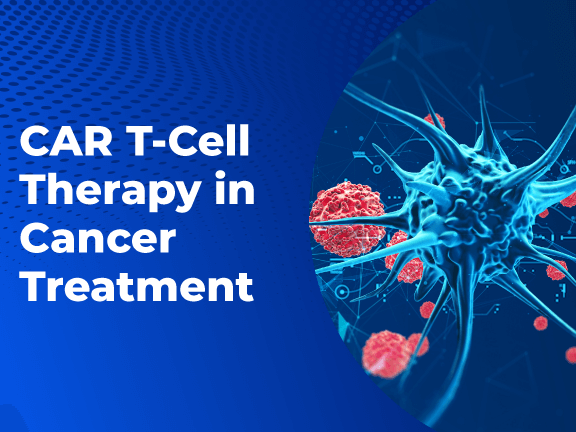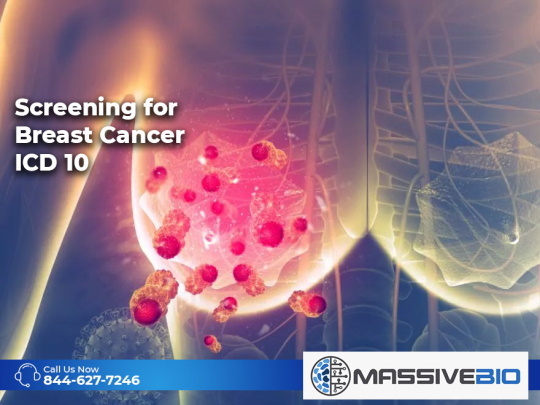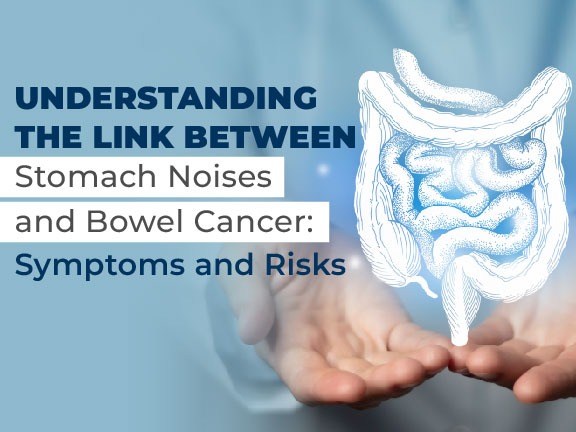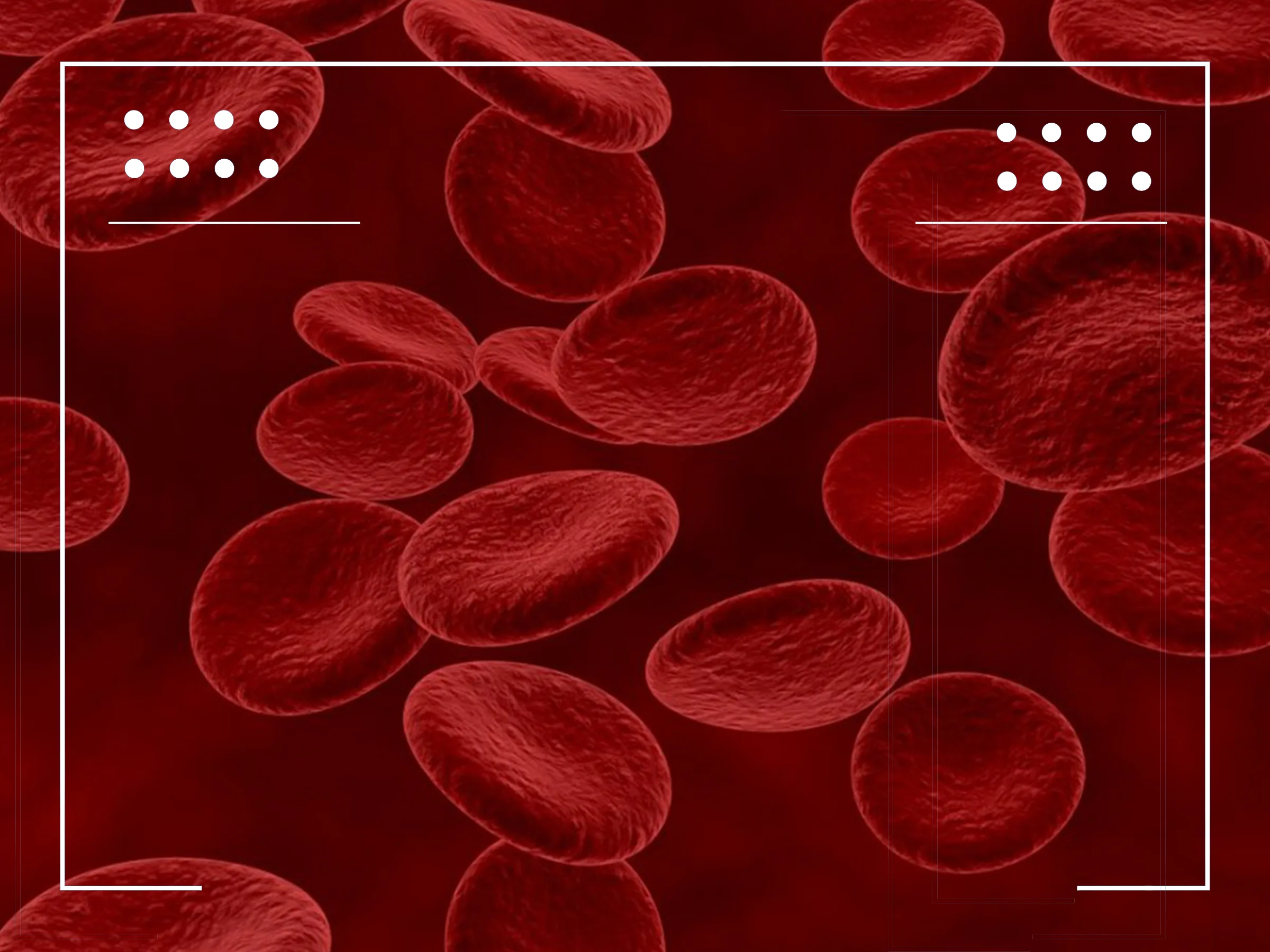Car T Cell Therapy in Cancer Treatment

For many years, patients were treated the same across their cancer type including treatments such as chemotherapy, radiation therapy, and surgery. While these continue to help patients today, new types of treatment have since been developed in clinical trials innovating the way we treat cancer.
Immunotherapy is one of the emerging types of therapies for cancer that uses the patient’s immune system to fight diseases such as cancer. This can be achieved using two methods, boosting the natural defenses of your immune system so it works harder or smarter to find and attack cancer cells, or injecting similar substances made in a lab to improve how your immune system works to find and attack cancer cells.
CAR T-cell therapy is a new form of immunotherapy that has shown promise for various cancer types in clinical trials and as standard treatments, especially in lymphomas and leukemias. Let’s take a closer look at this new treatment and how it can help patients who don’t respond to first-line treatment.
What Is a CAR T-Cell?
Chimeric Antigen Receptor (CAR) T cells are modified T lymphocytes from a lab. T lymphocytes are a type of white blood cell in the bone marrow that protects the body from infection and fights cancer. These cells are given a gene for a receptor (CAR) to allow the cells to attach to specific antigens located on the surface of cancer cells.
What Is CAR T-Cell Therapy?
CAR T-cell therapy uses the affected person’s own immune cells to tailor this immunotherapy for each patient individually. The structure of the CAR T assemble along with its qualitative characteristics may also influence response outcomes. T-cells are collected from the patient prior to treatment such as chemotherapy or radiation therapy. The cells are then modified in a lab to become CAR T-cells, which multiply in the lab before being injected back into the patient’s bloodstream to locate and kill cancer cells.
How Is CAR T-Cell Therapy Performed?
CAR T-cell therapy is mainly used in cancer patients who have relapsed or refractory disease, meaning the cancer is either resistant to standard treatments, or was in remission and returned after some time.
Large numbers of the CAR-T cells are made within the laboratory, and once enough have been produced, the cells are put again into the patient to battle certain cancer cells. The new and improved T-cells are typically in the millions before they are infused back in the patient and continue to multiply once in the body.
Understanding and Managing the Side Effects of CAR T-Cell Therapies

Similar to other treatments for cancer, side effects are common in patients who receive CAR T-cell therapy. The most common symptoms include lower levels of B-cells, infection, and cytokine release syndrome (CRS). Researchers continue to study how to manage and eliminate these side effects and complications in clinical trials.
The T-cells will release cytokines to stimulate the immune system, but in CRS the cytokines enter the blood stream leading to fever and drops in blood pressure. However, the presence of CRS means the T-cells are working within the body.
Neurologic effects also occur in some patients, which is still unclear to researchers as to why. This can include confusion, impaired speech, and seizure-like activity.
Secondary treatments can support the body throughout this process such as steroids and tocilizumab (Actemra). This drug blocks the activity of IL-6, a cytokine that is often secreted in large amounts by T-cells.
What Cancers Can CAR T-cell Therapy Treat?
Blood cancers such as lymphoma, multiple myeloma, and leukemia are the main cancers observed to respond positively to CAR T-cell therapies, but there are additional cancer types being studied in clinical trials for their response to these new treatments. If they are observed to be effective and safe, they will be approved by the Food and Drug Administration (FDA) to be used as a standard of care. Since CAR T-cell therapies have been used to treat patients in clinical trials in 2017, six CAR T-cell drugs have been approved by the FDA for use in the treatment of blood cancers.
This allowed CAR T-cell therapies to enter mainstream, modern medicine. They have even become a standard treatment in aggressive lymphomas and lymphomas that are refractory or relapsed such as DLBCL. Because of how recently these have been developed, the cost may be higher than other standard treatments, but they are available at many large cancer centers.
What Is the Success Rate of CAR T-Cell Therapy?
In some studies, up to 90 percent of both children and adults with Acute Lymphoblastic Leukemia (ALL) whose disease had both relapsed multiple occasions, and failed to answer normal therapies, then achieved remission after receiving CAR T-Cell therapy. However, in overall use roughly less than half of all patients experience an increase in survival rate.
This is particularly impressive considering most CAR-T medical trials recruit most cancer patients that have not responded to many if not all different types of therapies. These outcomes have fed the expectations of patients and buyers alike; however, it is necessary to remember that the remedy also can have side effects and benefits vary for each patient. Even today, patients can continue to enroll in if they are interested in this new, innovative treatment. Talk to your doctor about clinical trials and CAR T-cell therapy to see if they may be right for you.
Sources:
https://www.cancerresearchuk.org













3 Comments
This treatment sounds very promising! I have heard other stories of successful treatment with CAR T-cell Therapy. It’s amazing what clinical trials can do for patients!
Has Car T cell therapy being used for Squamous cell esophageal cancer? I have completed my chemotherapy and radiation treatments. My next PET is 7/25. In case the treatment did not work 100% I am looking for alternatives to surgery. Better to contact me by phone @ 760-822-0025
Hi Carmen, there may be clinical trials for the therapy you are looking for. However, the trials will differ by country and your eligibility is based on your current health status. Please reach out to us and we would be happy to assist you.